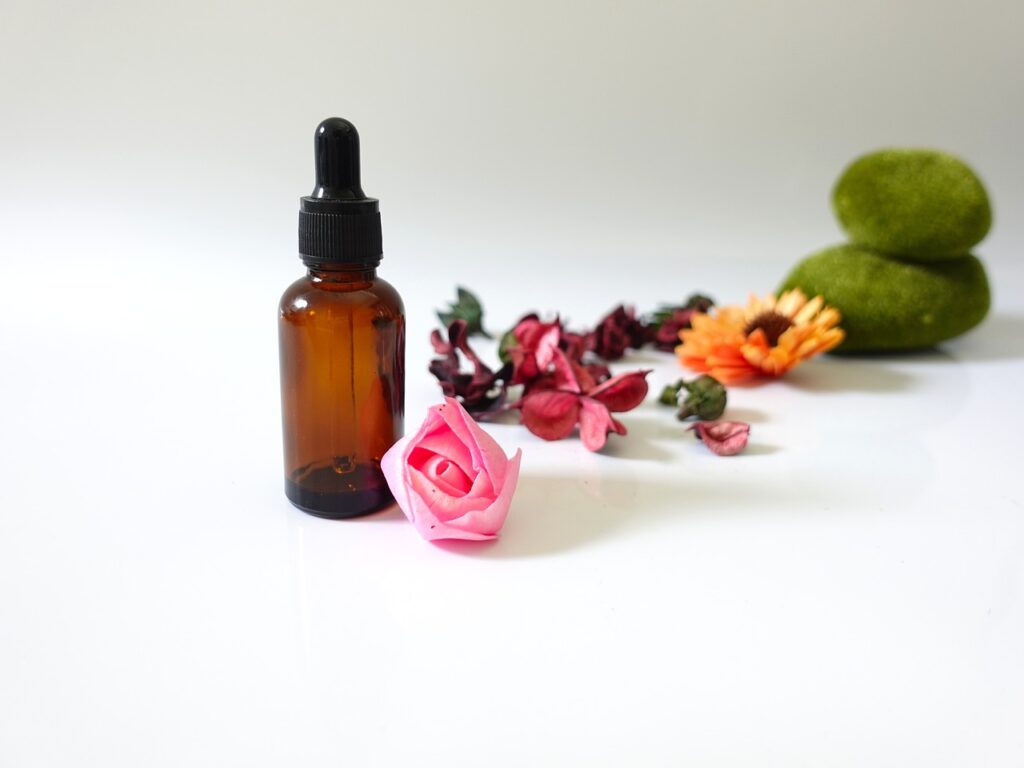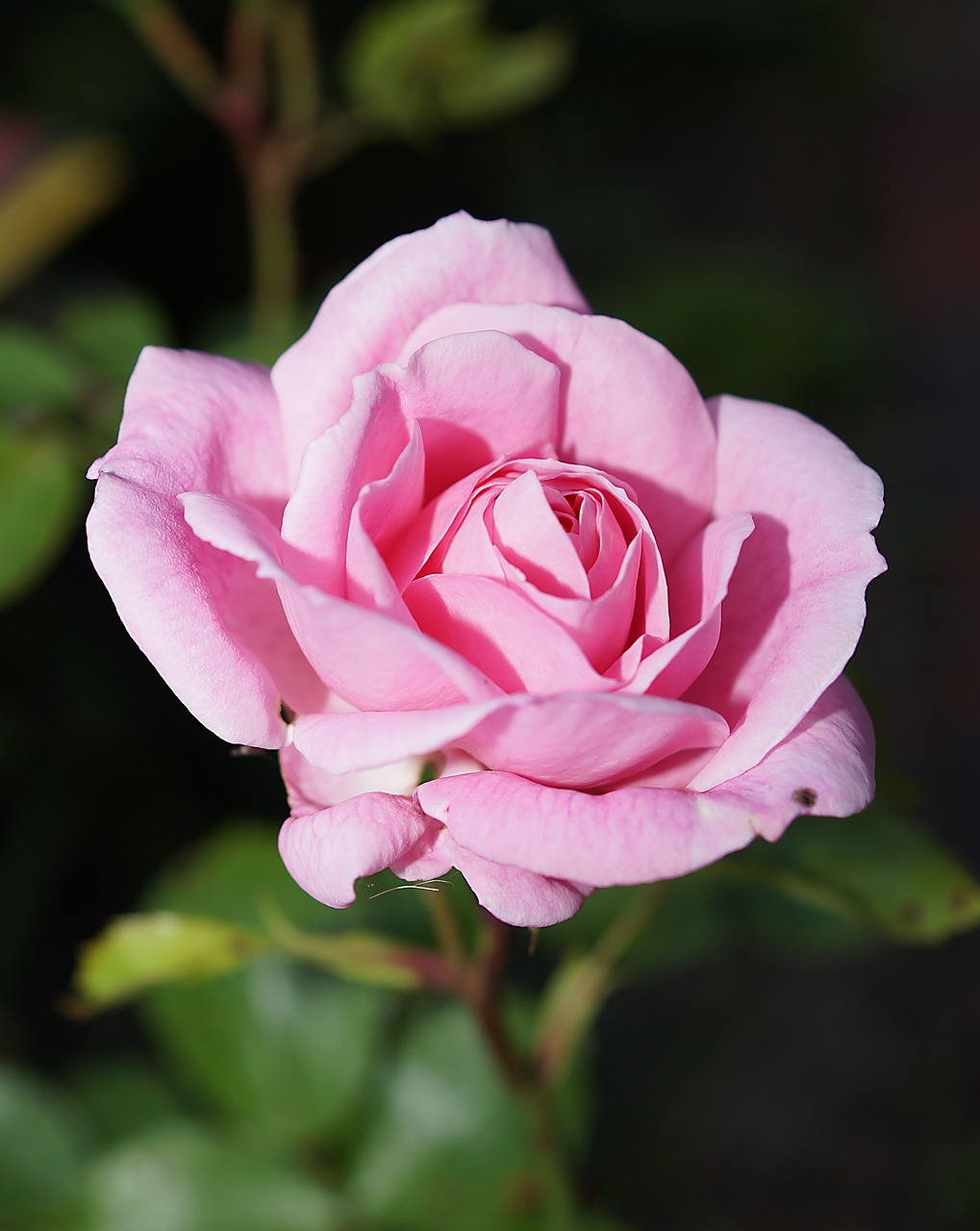The Ancient Art of Perfumery: A Journey Through Time

Perfume has been an integral part of human culture for thousands of years, evolving from sacred rituals to a daily luxury. While modern perfumery very often relies on synthetic chemicals, the ancient methods of creating perfumes from essential oils offer a natural and deeply historical alternative. Let’s delve into the traditional ways of making perfume and explore why these methods are worth preserving.
How Perfume Was Originally Made. Early perfume was made using natural materials such as bark, wood, roots, leaves, flowers and seeds. The first evidence of perfume making began in Egypt and Mesopotamia and was then picked up by the Persians and the Romans.
Moea Eau de Parfum focus on organic perfumes to offer several advantages compared to conventional perfumes:
Natural Ingredients: Organic perfumes are made from natural organic ingredients derived from plants, flowers, and organic essential oils. This means they contain no synthetic chemicals, which can be beneficial for people with sensitive skin or allergies.
Environmentally Friendly: The production of organic perfumes typically involves sustainable practices that are less harmful to the environment. This include using organic farming methods and avoiding synthetic pesticides and fertilizers.
Health Benefits: Many people prefer organic perfumes because they are healthier due to the absence of potentially harmful chemicals. With Moea Eau de Parfum, the organics ingredients, essential oils, are often chosen for their therapeutic properties and are less likely to cause skin irritation or allergic reactions.
Aromatherapy Benefits: Organic perfumes incorporate organic essential oils known for their therapeutic effects, such as relaxation, stress relief, or mood enhancement. These natural fragrances can contribute to a sense of well-being beyond just smelling pleasant.
Cruelty-Free: Organic perfumes are often associated with ethical practices, including being cruelty-free (not tested on animals) and being vegan-friendly (free from animal-derived ingredients). The organic Moea Eau de Parfum are Vegan and cruelty-free.
Unique Scents: Natural ingredients can offer more complex and unique scent profiles compared to synthetic fragrances, providing a distinct olfactory experience.
Non-toxic: Organic perfumes are free from synthetic preservatives like phthalates, parabens, and synthetic musks, which some people prefer to avoid due to potential health concerns.
Overall, the advantages of organic perfumes appeal to those looking for a more natural, environmentally responsible, and potentially healthier alternative to traditional perfumes.
The Traditional Way: Crafting Perfumes with Essential Oils

- Harvesting Natural Ingredients:
- Plants and Flowers: The primary sources of essential oils were plants and flowers such as roses, jasmine, lavender, and sandalwood.
- Spices and Resins: Ingredients like cinnamon, myrrh, and frankincense were also used.
- Extraction Methods:
- Distillation: This ancient technique involves heating the plant material with water, capturing the steam, and condensing it to collect the essential oil. With Moea Eau de Parfum, we choose organic essential oils extracted mainly from steam distillation.Cold Pressing: Primarily used for citrus oils, this method involves mechanically pressing the peels to release the oils.
- Solvent Extraction: A more complex process where flowers are soaked in solvents to extract the fragrant compounds, which are then evaporated to leave behind the essential oil.
- Blending:
- Artisanal Expertise: Master perfumers, often known as ‘noses’, blend various essential oils to create harmonious and complex fragrances. This process requires a deep understanding of each oil’s properties and how they interact. Moea with Moea Eau de Parfum is a French artisan perfumer, known as a nose.
- Aging: Once blended, the perfume is often aged for months to allow the scents to mature and combined together perfectly.
- Bottling and Preservation:
- Glass Bottles: To protect the delicate oils from light and heat, perfumes were traditionally stored in dark glass bottles. At Moea Eau de Parfum office we have a large library of organic essential oils that we preserve in glass amber away from direct light and any electronics devices.
- Natural Preservatives: Ingredients like alcohol derived from grains or grapes were used to preserve the perfume and enhance its diffusion. At Moea Eau de Parfum, the organic therapeutic essential oils chosen are pure grade, we infused them in distilled water so the Eau de Parfum are alcohol-free therefore not irritating the skin and less phototoxic.
The Modern Way: Synthetic Chemistry in Perfumery
- Synthetic Ingredients:
- Laboratory-Created Molecules: Modern perfumery heavily relies on synthetic compounds to replicate natural scents or create entirely new fragrances.
- Cost-Effectiveness: Synthetic ingredients are often cheaper and more readily available than natural ones, making them attractive to large-scale manufacturers.
- Mass Production:
- Consistency: Synthetics allow for chemicals consistency in fragrance production, ensuring that every bottle smells exactly the same synthetic chemical.
- Volume: Modern techniques enable the production of vast quantities of chemically made perfume, catering to global markets.
- Chemical Complexity:
- Allergies and Sensitivities: Some synthetic compounds can cause allergic reactions or sensitivities in some people.
- Environmental Impact: The production of synthetic fragrances can have a significant environmental footprint, involving petrochemicals and other non-renewable resources.
Why Modern Perfumes are Full of Chemicals and Their Impact on Health
- Modern perfumes, despite their alluring scents and sophisticated marketing, often contain a plethora of synthetic chemicals. While these ingredients help achieve consistency, affordability, and a wide range of fragrances, they also raise significant health and environmental concerns. Here’s a closer look at why modern perfumes are full of chemicals and why they can be detrimental to health.
- The Composition of Modern Perfumes – Synthetic Fragrance Compounds:
- Artificial Scents: Many of the scents in modern perfumes are created in laboratories using synthetic compounds. These include aldehydes, phthalates, and synthetic musks.
- Cost Efficiency: Synthetic ingredients are cheaper to produce and more stable than natural ones, allowing manufacturers to keep costs low and ensure a long shelf life.
- Preservatives and Stabilizers:
- Phthalates: These chemicals are used to stabilize the fragrance and make it last longer. However, they are known endocrine disruptors that can interfere with hormone function.
- Parabens: Commonly used as preservatives, parabens have been linked to hormone disruption and an increased risk of certain cancers.
- Solvents and Carriers:
- Alcohols: While some perfumes use natural alcohols, many rely on synthetic solvents that can be harsh on the skin and respiratory system.
- Benzene Derivatives: Compounds derived from benzene, a known carcinogen, are sometimes used as solvents or carriers in perfumes.
Health Concerns Associated with Chemical-Laden Perfumes
- Allergic Reactions:
- Skin Irritation: Synthetic fragrances can cause contact dermatitis, resulting in red, itchy, or inflamed skin.
- Respiratory Issues: Inhalation of chemical fragrances can lead to respiratory problems, including asthma and other lung conditions.
- Hormonal Disruptions:
- Endocrine Disruption: Chemicals like phthalates and parabens can mimic or interfere with the body’s natural hormones, potentially leading to reproductive issues, developmental problems, and increased cancer risk.
- Long-Term Health Risks:
- Carcinogenic Potential: Some synthetic fragrance ingredients have been linked to cancer, particularly when exposure is prolonged and repeated.
- Neurotoxicity: Certain chemicals found in perfumes, such as toluene, can affect the nervous system, leading to headaches, dizziness, and other neurological symptoms.
- Environmental Impact:
- Pollution: The production and disposal of synthetic chemicals contribute to environmental pollution, affecting air, water, and soil quality.
- Bioaccumulation: Persistent chemicals like synthetic musks can accumulate in the environment and in living organisms, posing risks to wildlife and human health.
Choosing Natural Alternatives
- Health Benefits:
- Safer Ingredients: Natural perfumes made from essential oils and botanical extracts are less likely to cause allergic reactions and health issues.
- Therapeutic Properties: All organic essential oils have therapeutic benefits, such as calming effects from lavender or invigorating properties from citrus oils.
- Eco-Friendly:
- Sustainable Practices: Natural perfumery often involves sustainable harvesting and production methods, reducing environmental impact.
- Biodegradability: Natural ingredients break down more easily in the environment, minimizing pollution.
- Supporting Artisans and Traditions:
- Preserving Heritage: By choosing natural perfumes, like the Zealandia Organics Perfumes, you support traditional craftsmanship and the preservation of ancient perfumery techniques.
- Quality Over Quantity: Natural perfumes are typically made in smaller batches with greater attention to quality and detail.
While modern perfumes offer convenience and a wide range of scents, their reliance on synthetic chemicals poses significant health and environmental risks. By opting for natural perfumes made from organic essential oils and botanical extracts, you can enjoy safer, more sustainable, and authentically crafted fragrances that connect you with the rich history and tradition of perfumery. Make a conscious choice for your health and the planet by embracing the beauty and purity of organic natural perfumes.
Why Choose Ancient Perfumery?

Natural and Pure:
Health Benefits: Essential oils are known for their therapeutic properties, offering benefits beyond just their scent. They can have calming, invigorating, or healing effects.
Skin-Friendly: Natural perfumes are generally gentler on the skin, reducing the risk of irritation or allergic reactions.
Sustainability:
Eco-Friendly: Traditional perfumery methods are more sustainable, relying on renewable natural resources and environmentally-friendly practices.
Supporting Artisans: Choosing natural perfumes supports small-scale producers, like Moea Eau de Parfum, and preserves the artisanal craft of perfumery.
Authenticity and Depth:
Unique Fragrances: Natural organic perfumes offer unique, complex scents that evolve over time, providing a richer sensory experience.
Cultural Heritage: Embracing ancient perfumery is a way to connect with history and the rich traditions of different cultures around the world.
While modern perfumery offers synthetic convenience and chemically made consistency, the ancient art of creating perfumes from essential oils provides a natural, sustainable, and deeply satisfying alternative. By choosing traditional perfumes, we honor the timeless craftsmanship of artisans and enjoy fragrances that are as unique and authentic as the natural world itself.
Embrace the beauty of ancient perfumery and let your senses travel back in time to experience the true essence of nature.

